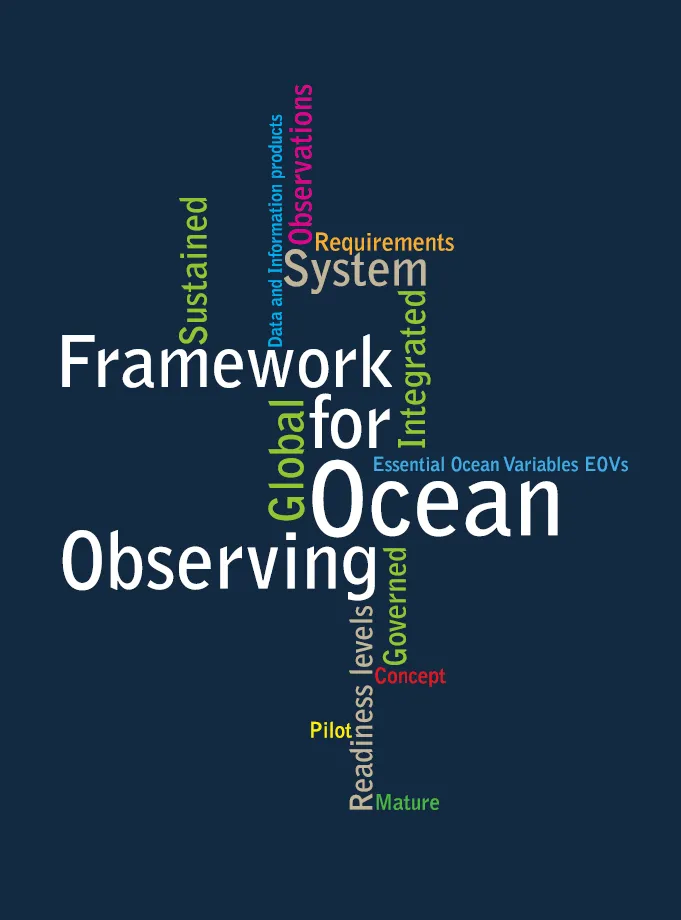A key recommendation from the OceanObs’09 Conference held in Venice in September 2009 was for international integration and coordination of interdisciplinary ocean observations. Based on impressive agreement among the many groups present and their strong desire to work collectively, the sponsors commissioned a Task Team to develop an Integrated Framework for Sustained Ocean Observing (hereafter referred to as the FOO). The FOO was published in May 2012 and the implementation process started shortly after.

One of the initial tasks set by the FOO was for the three Ocean Observing System Panels (Physics & Climate, Biology & Ecosystems and Biogeochemistry), interacting through virtual and in-person meetings and workshops, to propose and advocate for a set of Essential Ocean Variables (EOVs) as fundamental measurements needed to address the current scientific and societal ocean-related issues. This list would enable funding of the interdisciplinary, integrated global ocean observing network (the improved, multidisciplinary GOOS). Each panel is tasked to consult the community and create a consortium of relevant and interested experts and/or organizations, helping to justify and negotiate the inclusion of certain parameters in the final list of EOVs.
As the community is gearing up for the forthcoming OceanObs'29 Conference, there is a set of EOVs spanning all three disciplinary panels already established (www.goosocean.org/eov). An overview article documenting the multi-stage process of selecting the final list of EOVs has been submitted for publication by the GOOS Expert Panels. Moreover, strong efforts to harmonize the work of three panels have been made to ensure that the vision of a truly multidisciplinary GOOS is gradually being realized.
Below you can find the current (updated in August 2017) version of the Biogeochemistry EOVs. While these documents are being continuously improved, public release of an updated version is planned for early 2027.
Comments, inputs, edits and any other types of interaction are welcome! Please direct your communications to the IOCCP Chairs and Project Office at
